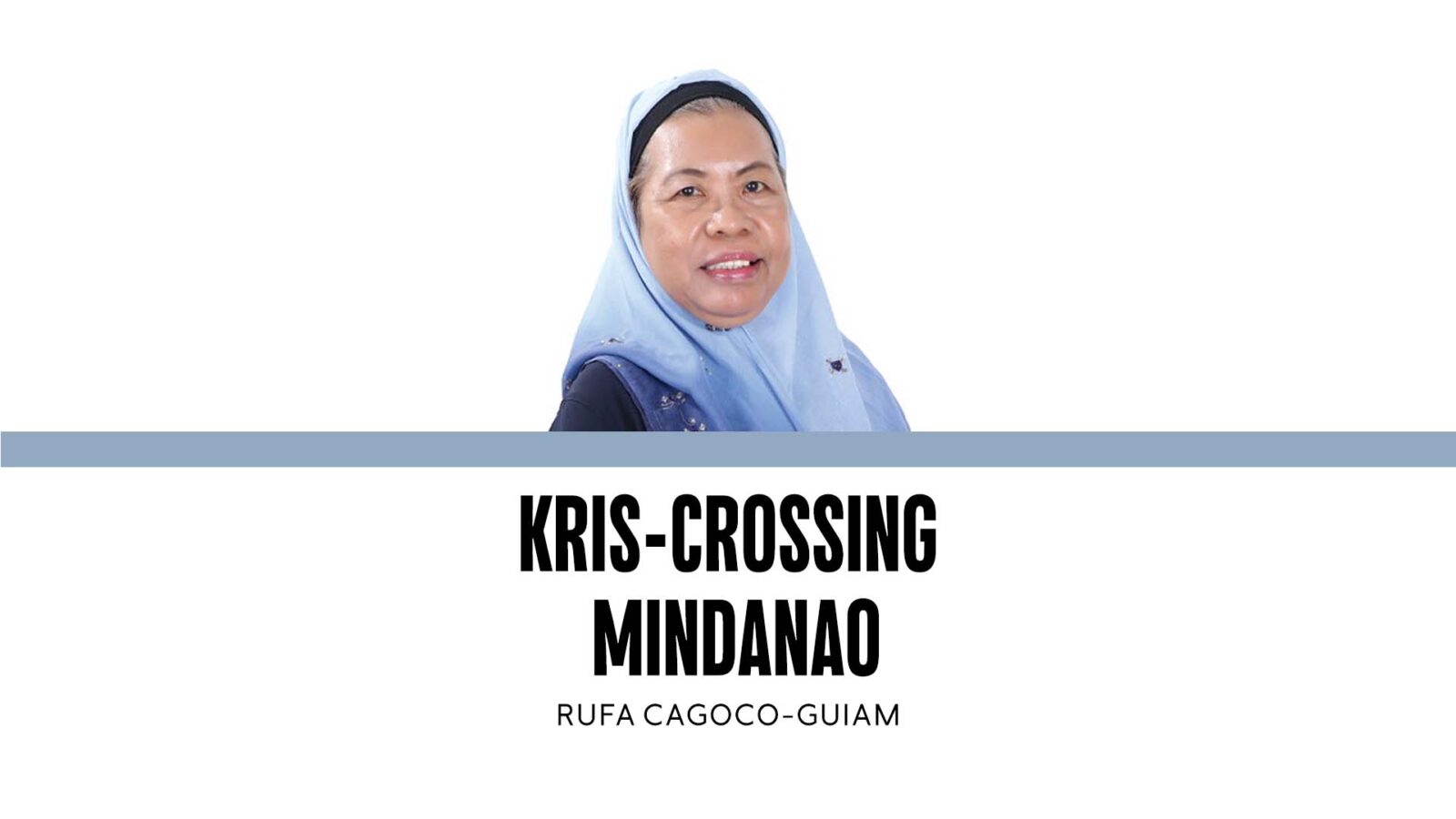Corruption in the education sector (2)

Last Sunday, Sept. 21, 2025, marked the 53rd anniversary of the declaration of martial law in 1972. It was a good thing it was a Sunday, so a lot of people were able to participate in rallies and other protest actions held in many places in the country. That day was a nationwide expression of anger, disgust, and abhorrence toward our political leaders—from the lowliest local government units to our national officials—over how those in high places of power have bled our national coffers dry.
It was the ”Trillion Peso” protest rally organized by a wide spectrum of activists. But there were also other types of rallies and “prayer” gatherings, like the one in Davao City led by Vice President Sara Duterte. One hundred cows were reportedly slaughtered to offer food to the participants. (I wonder where the funds to buy the cows were taken from.)
Last week, I started writing about the corruption that has seeped into a hallowed institution like the academe and the education system of the country in general (see “Corruption in the education sector,” 9/16/25). Many of these corrupt practices may seem quite trivial compared to the billions of pesos shaved off from the budgets of huge infrastructure projects.
But corruption—big and small—is another word for theft. A lot of people may justify it in terms of its amount, arguing that a small amount may not hurt the national coffers that much. Nevertheless, taking anything that is not yours is still stealing and a violation of one of the 10 Commandments of God.
Small acts of corruption are seen in the practices of some teachers who extract contributions from their students, allegedly for them to participate in a charity fun run. But these small amounts can become huge, considering that one professor in college teaches at least 35 to 40 students in each class, and she has a teaching load of at least four classes. You can do the math, and at P50 per student, and with four or five classes, that can be a sizeable sum. Another teacher in a public high school required her students to contribute P20 each (this was in the late 1990s, toward the early 2000s), to buy additional chairs. With 50 students in each class, and with four classes, that‘s quite a hefty sum for a “sideline.” These are only a few of a long list of similar “trivial” acts of corruption among teachers, who are supposed to be role models in integrity and honesty for their students.
One official of an educational institution made asking for commissions from research projects “legal.” As university head, he issued an “executive order” to deduct at least 10 percent from the entire cost of a project—research or other types—that faculty members access from external sources. It is what he called an “administrative cost.” But he and the other officials who get a share of the 10 percent do not do anything except receive their share of the 10 percent of the project cost. To rationalize receiving part of the 10 percent, the top official of the university said those who receive the money are “technical working group” members. But they are not “technical” in the real sense of the word, and they do not work to help the research team finish their project. They just receive money. In Cebuano, we call it “dawat limpyo (receiving clean money).” But it is not clean, since it is shaved off from the total project cost, like what the senators and congressmen (and women) are doing to private building contractors.
When the current Vice President sat as Education secretary, she was also called out for some anomalous practices, including spending P125 million of her confidential funds within 11 days. This was on top of several revelations of bribing off some of her employees through a monthly distribution of envelopes with money in them.
Education is a foundational social institution that molds the minds of the young to become law-abiding citizens in the future. But having this kind of a leader sends a strong message that honesty is not an important value to be formed among the youth.
What she has done embodies the negative value of entitlement to power and wealth as a high government official. One of her allies in the Senate–Sen. Alan Peter Cayetano–has expressed a similar view: “We are all guilty of vote-buying and of other irregular acts. But what is important is that we express repentance.” This is a public admission that he and his allies, including the Vice President, are not honest and have stolen some money from government coffers.
Filipinos have borne the brunt of all dishonesty and thievery from among our government officials without expressing national outrage. The rallies of last Sunday should create a groundswell that can lead to a massive outrage–enough to boot out all corrupt government officials. But will this happen?


















